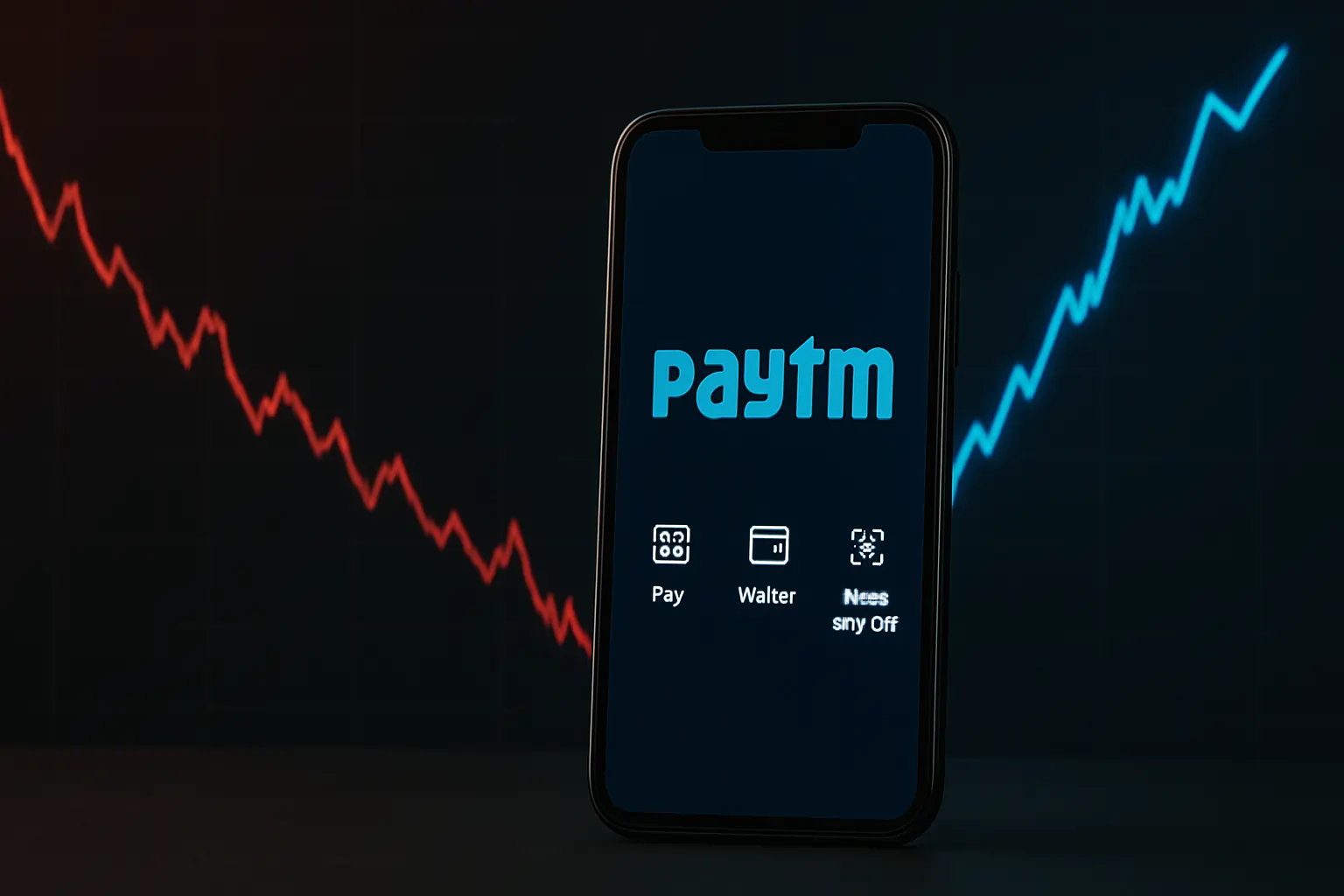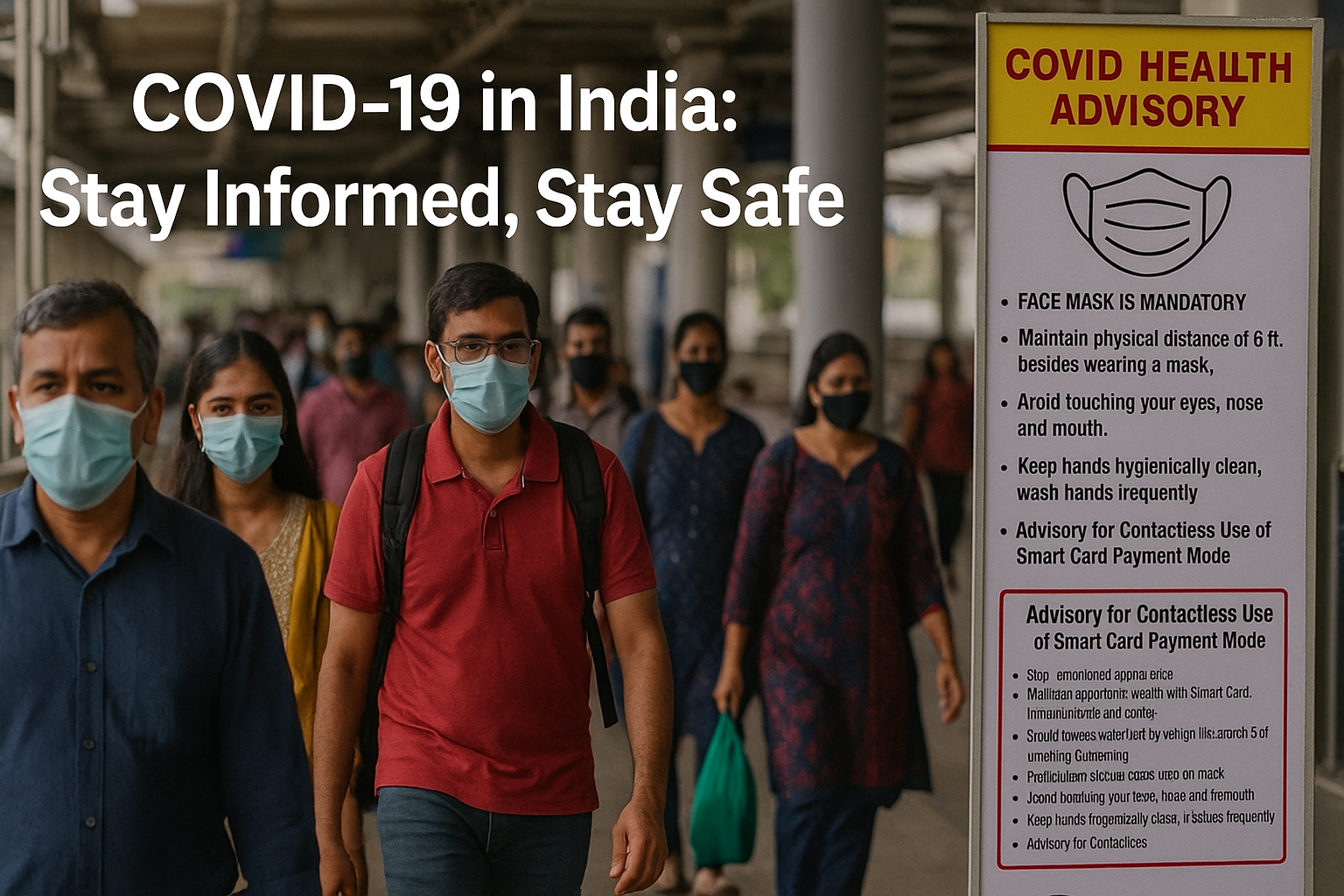The gruesome murder of 25-year-old Asif Khan in Haryana’s Nuh district has once again ignited discussions about mob violence, vigilantism, and the ineffectiveness of law enforcers in India. Was his murder a spontaneous reaction of a mob or a preplanned killing in the garb of public justice? The absence of unequivocal answers has outraged the country, laying bare the root causes of communal unrest and police complacency in the state.
What Exactly Happened to Asif Khan?
Asif Khan, a [location] resident, was brutally attacked by a violent mob in Nuh. He was reported to have been accused of [insert alleged crime—e.g., theft, cow smuggling, or other local rumors], even though no tangible evidence was ever produced prior to the attack. Eyewitnesses speak of a scene of sheer brutality—Asif was ganged up on, beaten senseless, and subsequently handed over to the police in a critical state. He passed away soon after, leaving serious questions about whether timely medical care could have saved his life.
Nuh: A Hotspot for Mob Violence
Nuh (originally Mewat) boasts a rich heritage of communal strains and mob outbreaks. Over recent years, there have been instances of lynching in the district, usually catalyzed by rumors, rumormongering, or spearheaded hate propaganda. The political-social environment within the region and lax law and order have seen such episodes perpetuate themselves time and again. Asif’s murder is but one in an alarming trend—a trend where mob becomes judge, jury, and executioner without much fear of reprisals.
Did the Police Fail Asif Khan?
The main question here is whether or not the local police were able to prevent the attack. Witness testimony indicates that law enforcement took a while to arrive, and they did not disperse the crowd before the fatal attack. Although some people have been arrested, activists contend that the investigation needs to go further—was this an impromptu attack, or was Asif specifically targeted? The delay in taking action by the police creates suspicion of complicity or negligence, a common problem in cases of mob lynching all over India.
Escalating Fury and Struggle for Justice
Human rights organizations, political figures, and civil society denounced the killing of Asif, calling for immediate justice. His family, traumatized by the loss, looks forward to accountability—but in a system where convictions are rare in the aftermath of mob lynchings, their aspirations are on a thin thread. The case also highlighted the requirement for more stringent anti-lynching legislation and improved policing in violence hotspots.
A Grim Reminder of India’s Vigilante Menace
Asif Khan’s killing is not an isolated case—it’s a part of a dangerous trend in which mobs take the law into their own hands, sometimes with fatal consequences. Whether it was an instance of blind fury or a premeditated murder, the end result is the same: one young life lost, and another blow to India’s failing justice system. Unless the authorities step up and act more firmly against mob violence, such tragedies will continue to haunt the country.






